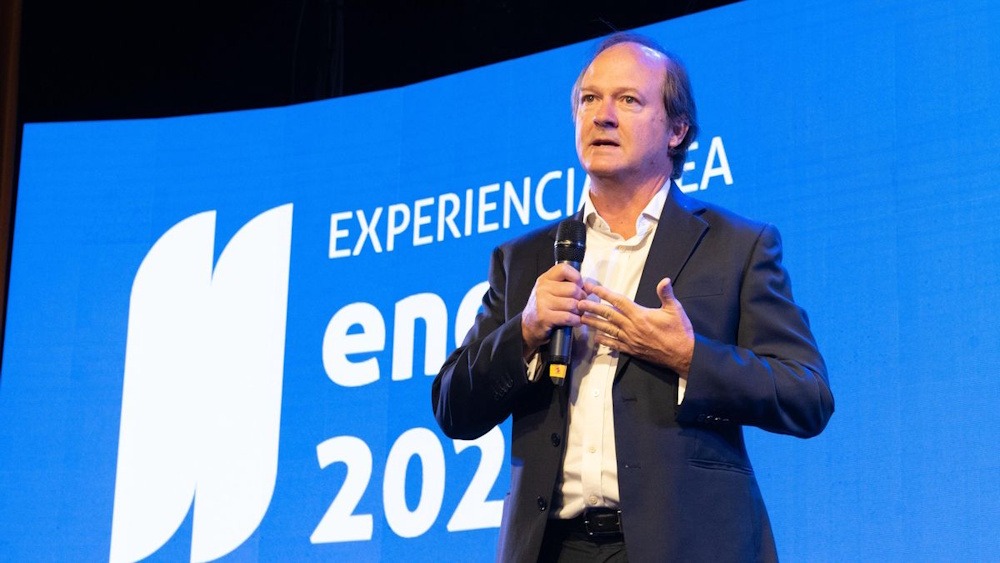Argentine energy director Daniel González believes this technique can handle short-term political issues. Argentina’s goal is to entice investors to support the development of shale oil and gas infrastructure. Within the past two years, President Javier Milei has implemented a number of market-oriented measures that have made it possible for shale producers and transporters to have access to global credit.
One of these improvements is a significant project-financing deal for a pipeline that would export petroleum. As a result of voters in Argentina’s largest province dampening Milei’s momentum in the election held on September 7 and supporting the opposition that is leftist, markets have weakened and the risk premium for the nation has grown. In the course of an event that took place in Buenos Aires, González made the following statement: “When you create a pipeline for the next 20 or 30 years, you are not focused on a provincial election that took place last week.” Even while it might not be the best time to take on debt right now, having an open economy does not in any way have an impact on initiatives that are planned for the long run.
There are a number of significant projects that are now being worked on by shale producers, including the construction of a new pipeline to enable floating liquefaction units and an LNG terminal that is more ambitious. In a statement made this week at an oil conference held in Buenos Aires, Ana Simonato, the national manager for Chevron Corporation in Argentina, emphasized that investors in Argentine shale expect future governments to maintain free-market principles.

